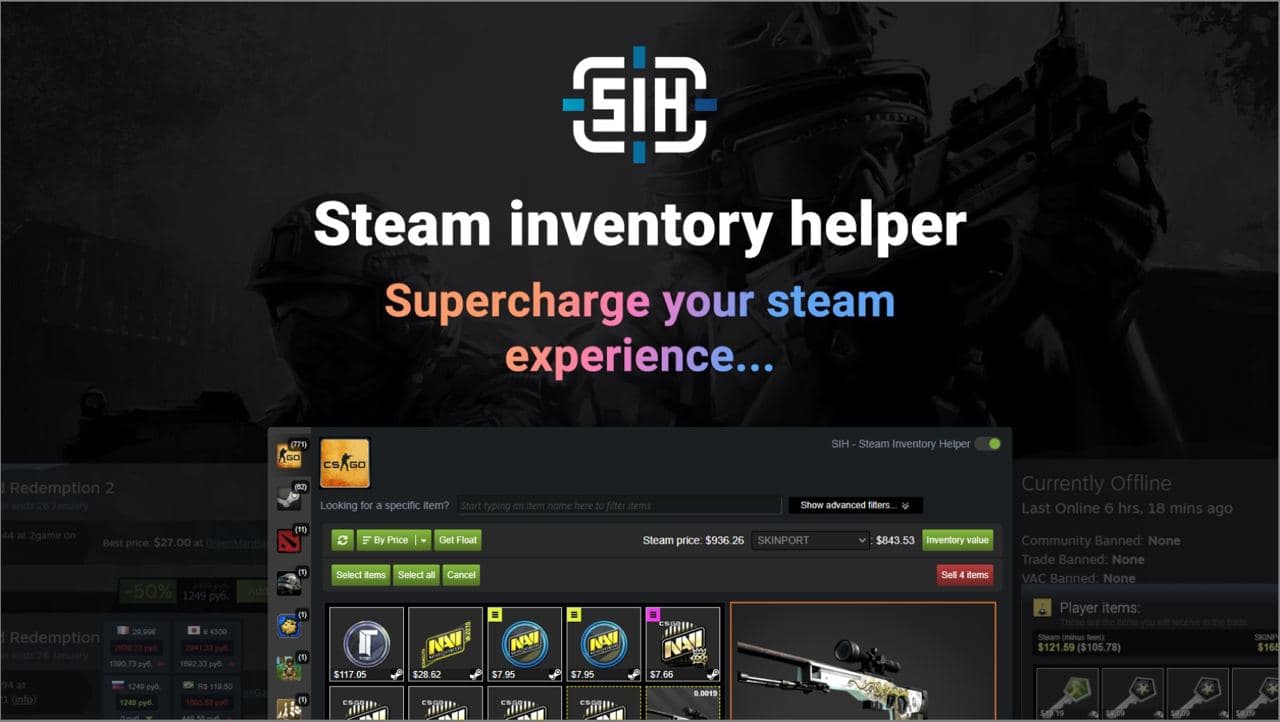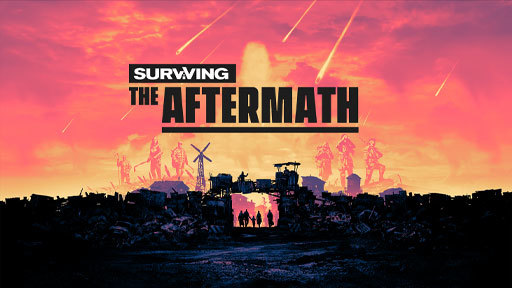What you define as "the right thing" as some mystical objective truth I believe is aiming at the wrong targets. You're trying to hurt the same people who are put in the position of accepting those deals even knowing that'll lead to terrible PR by an industry in which the small ones, no matter how successful, are always at risk. Many devs said that, despite the bad PR, they would take the deal again anytime because that kind of financial stability is too good to pass on for an indie studio.
I know it's not my talk, but I since I keep reading this argument defending these deals, and implying gamers have to somehow still feel sorry for the poor companies doing these deals, and we should all understand and still be willing to support these companies, I have to say the video games industry really seems to operate in a different reality, one where most companies frequently feel they don't need customers, or that no matter what they do, people will keep buying their products.
It's sadly funny. In my line of work, even if I do things flawlessly there are clients that will trade my services because someone does it 5€ cheaper. I have to have some payment tolerance in terms of dates, or I'll lose customers. I have to accommodate them, or I'll be replaced.
Video games companies are the opposite: they try to dictate how, where and when people should be entitled to buy their products. And I'm supposed to still feel some sympathy for them, no matter what they pull. When, they provide a non-essential product/service that can be easily replaced by another.
If I go up to my clients, and antagonize them in my interactions, I'll get the boot.
Video games companies frequently actively antagonize and ridicule potential customers in their PR channels, and all's fine.
I really don't get it.
Video games companies are still companies. Things are though for them? Things are thought for everyone, even the people paying for their products.
So yeah, I have no doubt these deals are good in the short term.
But, like any business decision, there are consequences, good and bad. They get an influx of cash, but in the process they willingly risking burning a few bridges. It's their choice.
Will it pay off? Most companies from other sectors wouldn't take a deal that would potentially hurt their customer base, because they think about the long term.
That's probably why I work for a company that's in business for around 40 years, and I look at video games companies, and how many are around for as long? Yeah, most of them crash and burn quickly, because they are ran by programmers who spend their time on social media, and don't know jack shit about running a company.
So, please don't tell me they should get to have both: the cash, and the customer support.
They are no different than everyone else.












 .
.


 The launch discount is not even the historical low on EGS.
The launch discount is not even the historical low on EGS. 



